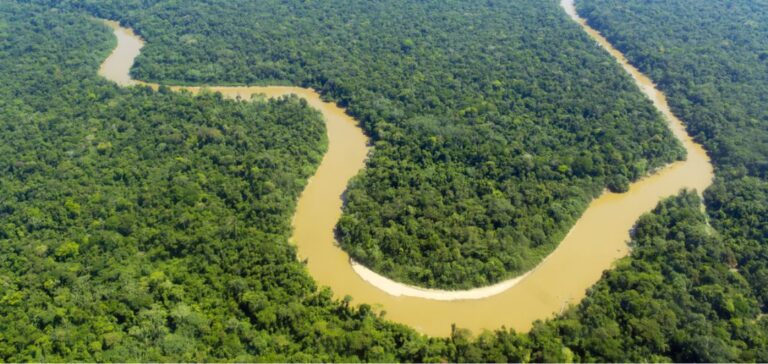For a drilling project in Foz do Amazonas, the Brazilian environmental regulator Ibama has asked Petrobras to provide additional information. This project, at the mouth of the Amazon River, will allow the company to test its emergency response in the event of an oil spill. The request has thwarted Petrobras’ hopes to begin test drilling as early as this week, a source close to the company said.
The drilling project in Foz do Amazonas
Petrobras considers the mouth of the Amazon to be the newest and most important frontier for oil exploration in Brazil. The company planned the test to evaluate its response in the event of a major spill. In 2013, the authorities put the area up for auction. Petrobras has planned to explore it for years while BP and TotalEnergies have given up their assets. Both companies have invested in studies. However, they have encountered difficulties in obtaining drilling licenses in Foz do Amazonas.
The region of Foz has a little known geology. Petrobras has already spent 290 million reais to prepare for the spill test.
Environmental concerns in Foz do Amazonas
However, Ibama considers the area to be ecologically sensitive. The president of the agency, Rodrigo Agostinho, said in an interview that the decision on the drilling project in Foz do Amazonas could not be based on commercial interests and deadlines. “This is obviously a very sensitive area and Ibama treats it as a high priority, so there is no decision on a license or when it may come,” he said. The Minister of the Environment, Marina Silva, said that the exploration in Foz is “very impactful”. The consequence is that it must be subject to a “strategic” environmental assessment.
Ibama’s position on the drilling project
Ibama has asked Petrobras to provide additional information about its drilling project in Foz do Amazonas. This preliminary step should allow the company to test its response in case of an oil spill. Petrobras has filed details and responses to Ibama’s requests. However, the regulator has not yet set a test date because Petrobras has not delivered all the required documents. Ibama has scheduled the test as soon as the company provides the requested information. “After analysis and agreement of the environmental agency, the date for carrying out the pre-operational assessment can be defined with Ibama,” Petrobras said in a statement.
The previous government did not carry out the full technical assessment of the area, which should have been done, making it difficult to assess the situation.





















